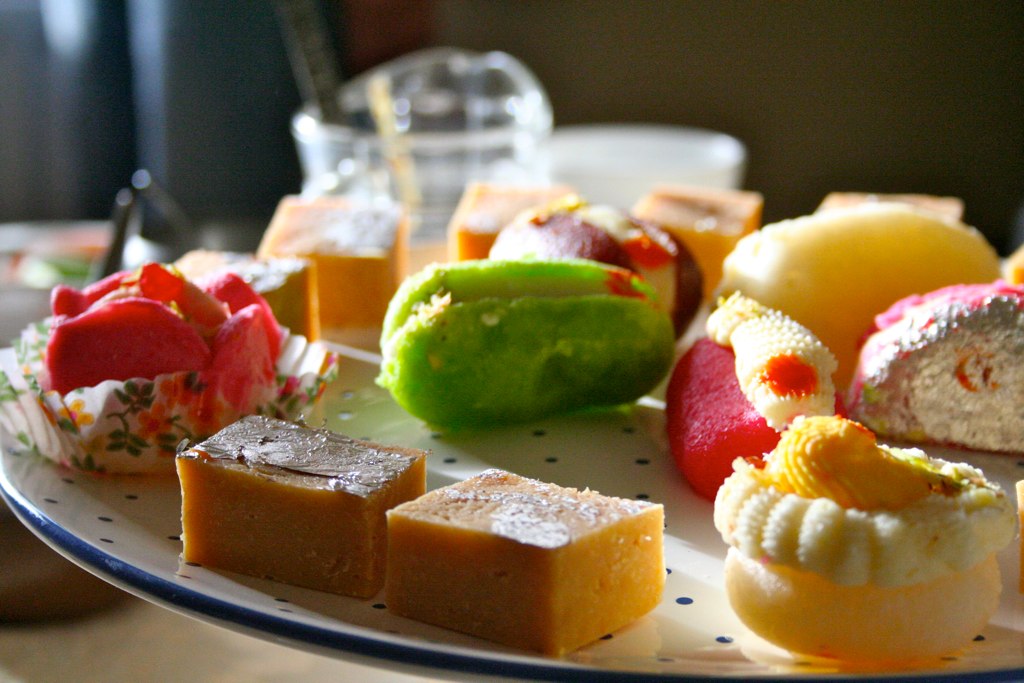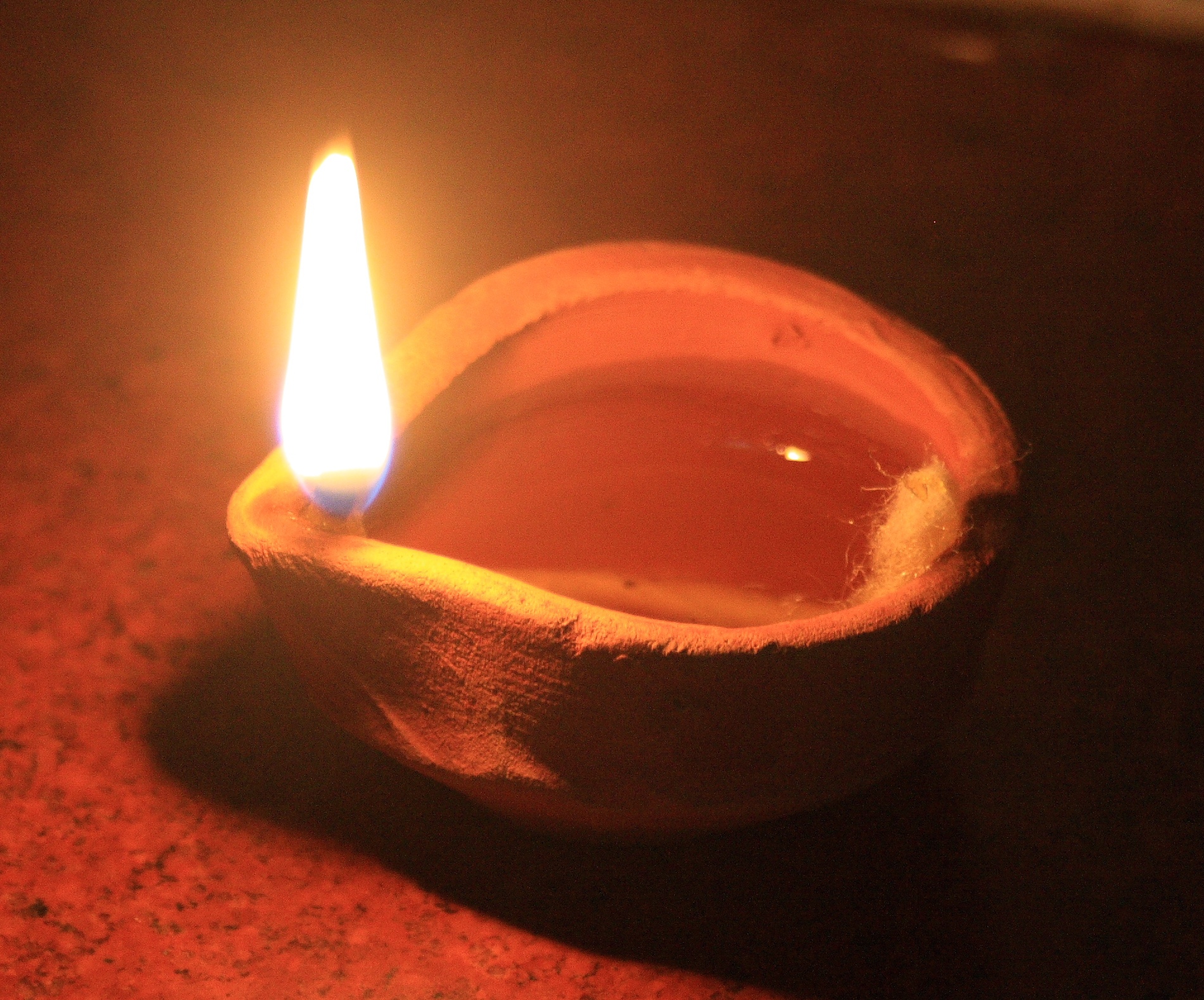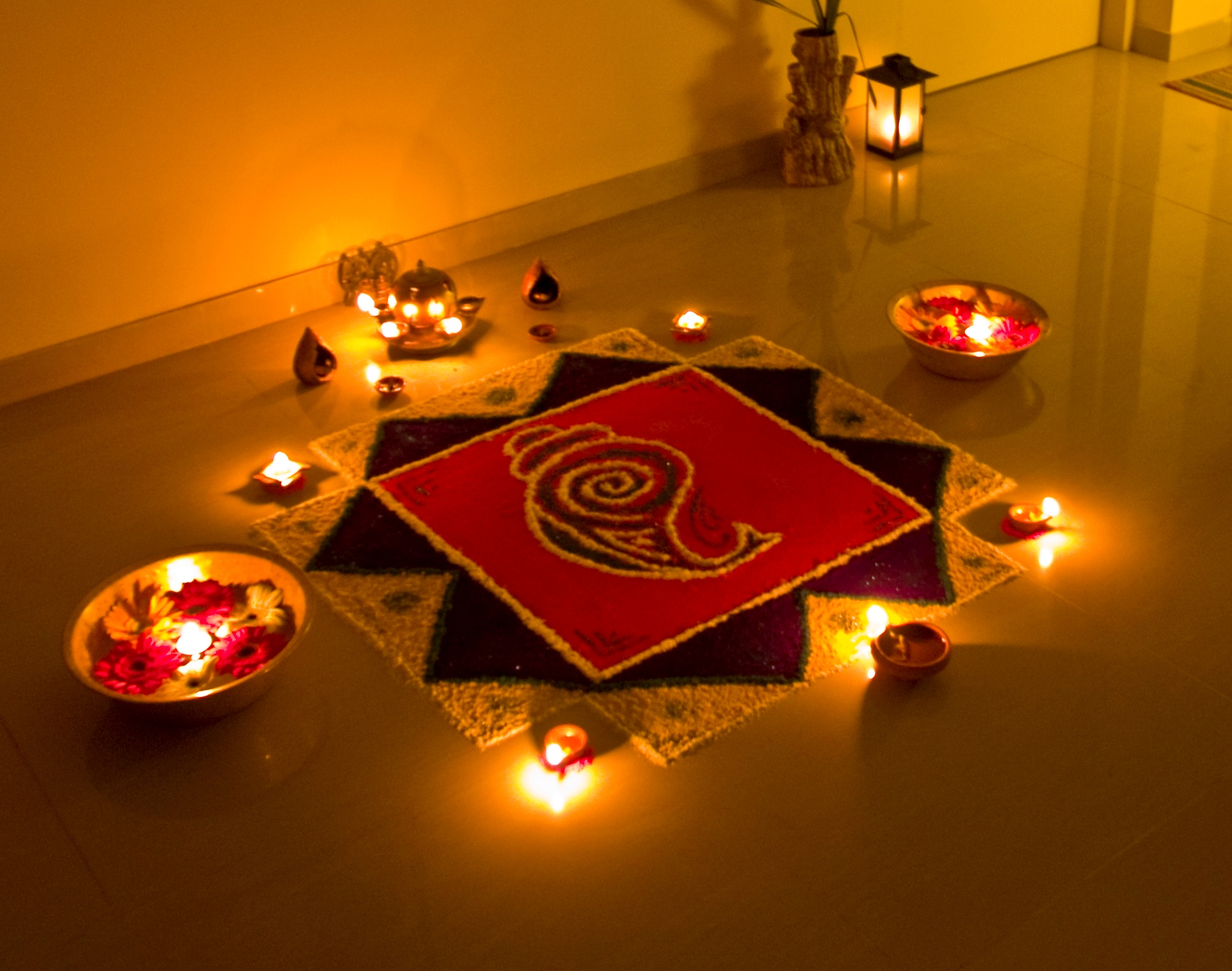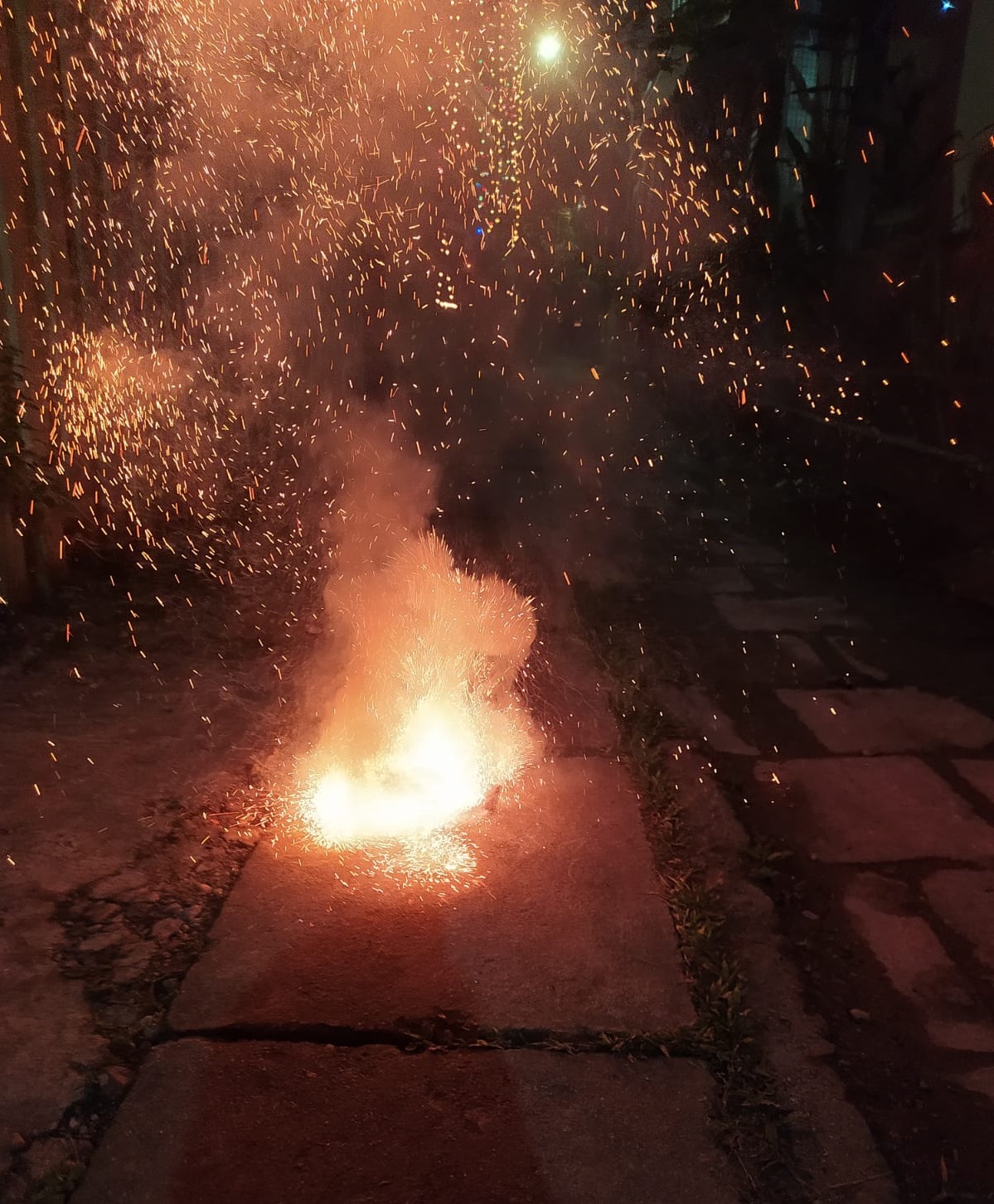Southern Metropolitan Cemeteries Trust (SMCT) values and is committed to protecting your privacy.
SMCT collects and handles personal information in accordance with the Cemeteries & Crematoria Act 2003, the Privacy and Data Protection Act 2014 (Vic) (“PDP Act”) and the Health Records Act 2001 (Vic).
This website privacy statement only applies to the information collected from you specifically as a result of your visit to our website, https://smct.org.au/ because there are specific uses we use your information for in connection with the website. For information about our broader collection, use, and disclosure of personal information, please refer to our general privacy policy.
We may update this website privacy statement and our privacy policy from time to time. Any changes to this privacy statement and the privacy policy will be published on this website.
This privacy statement does not apply to any external websites that are linked on the SMCT website or which you may access through the SMCT website. We are not responsible for the privacy practices or content of external websites operated by third party organisations including those websites you need to access for purposes associated with your use of our website or services, for example, on-line event booking which is done through a third party organisation on our behalf. When you visit or are directed to other websites through the SMCT website, we recommend you read the privacy statements or policies of these websites before providing personal information.
Privacy collection
Southern Metropolitan Cemeteries Trust ("SMCT", "we", "our", or "us") collects personal information about you in order to:
- access a service
- process your request to register for a user account;
- respond to your enquiries or feedback or resolve a complaint;
- market and promote SMCT products or services to you, which may be of interest to you;
- provide further information about products and services offered by us which you may have requested;
- provide event updates
- conduct feedback or research to improve our products and services or your customer experience with us; and
- for other purposes as set out in our Privacy Policy which can be found at SMCT Privacy Policy.
SMCT collects and handles personal information in accordance with the Cemeteries & Crematoria Act 2003, the Privacy and Data Protection Act 2014 (Vic) (“PDP Act”) and the Health Records Act 2001 (Vic).
We collect your personal information via Optinmonster campaigns to offer a newsletter sign up or download on our website. We will only add you to our mailing list, managed by Mailchimp, if you have given specific consent for that purpose. Optinmonster does not collect any personal data. The privacy information on Optinmonster’s website details the collection, use, disclosure, and storage information by Optinmonster.
MailChimp is used to send email campaigns and requested information. You can unsubscribe at any time by clicking unsubscribe link on the footer part in each of our emails or reaching us through privacy@smct.org.au. The privacy information on MailChimp’s website details the collection, use, disclosure, and storage information by MailChimp. MailChimp is based in the United States of America (USA) and is subject to the laws of the USA. Your information (including your IP address) will be transmitted to and stored by MailChimp on servers located outside Australia.
Under the PDP Act, we have a responsibility to protect your personal information. We take reasonable steps to make sure that your personal information is protected from misuse, loss, and unauthorised access, modification, or disclosure. Access to systems, applications, and the information that we collect is limited to authorised employees only.
Your personal information will not be shared, sold or disclosed other than for the reason it was collected, or for a related purpose that you might reasonably expect us to use it for. If you do not provide some or all of the information requested, we may be unable to provide you with a product or service.
By providing your personal information to us, you consent to the collection, use, storage, disclosure, and management of that personal information as described in this privacy policy.
Collection of web analytics data
We use Google Analytics software to collect information about your interaction with our website. When you visit our website, your web browser automatically sends certain information to Google Analytics. The information collected includes:
- network location and IP address;
- the date and time of your visit to our website;
- the type of web browser (e.g. Internet Explorer, Google Chrome, Safari etc.) and operating system (e.g. Windows 10, Mac OS X etc.) you are using;
- Flash version, JavaScript support, screen resolution and screen colour processing ability;
- referring site details (such as the URL that you came through to arrive at our website);
- pages visited, and the time spent on each page;
- documents downloaded, and search terms used; and
- the forms accessed on our website.
We have enabled IP anonymisation, which means that when Google Analytics receives IP addresses, it is then anonymised. You can find more information about IP anonymisation, or how Google Analytics collects and processes data here.
Our website also uses Google Fonts. When you access our website, the required fonts are loaded into your browser cache so that texts and fonts can be displayed correctly. In doing so, some data (such as your IP address) is sent to Google Fonts. You can find more information on Google Fonts here.
We also partner with Microsoft Clarity and Microsoft Advertising to capture how you use and interact with our website through behavioral metrics, heatmaps, and session replay to improve and market our products/services. Website usage data is captured using first and third-party cookies and other tracking technologies to determine the popularity of products/services and online activity. Additionally, we use this information for site optimization, fraud/security purposes, and advertising. For more information about how Microsoft collects and uses your data, visit the Microsoft Privacy Statement.
Use of web analytics data
We use the web analytics information provided by Google Analytics for statistical purposes, such as to analyse, measure, and report on data about our website traffic and visits. This information helps us understand general user trends at an aggregate level, and improve our website, content, and user experience.
We may also use this information for security audits to protect against threats from hackers or other security purposes.
We do not use this information to identify you or match it with any other personal information that we may collect from you, unless required to do so as part of an internal investigation or for a law enforcement-related purpose, in accordance with the PDP Act.
Your site visit data is collected under the authority of Information Privacy Principle 1.1 of the PDP Act for the purposes stated above.
Disclosure of web analytics data
We do not otherwise use or disclose your site visit data to third parties without your consent, unless we are required or authorised to do so by law. In the event of an investigation into suspected unlawful or improper activity, a law enforcement or government agency may use its legal authority to inspect our web server’s records (e.g. in relation to hacking or abusive messages).
Third party tools
MailChimp - We use MailChimp to send email campaigns to our subscribers. You can unsubscribe from our emailing platform Mailchimp – by clicking unsubscribe link on the footer part in each of our emails or reaching us through digital@smct.org.au. Learn more about their privacy policy.
Optinmonster (Lead collection Plugin) - We use Optinmonster campaigns to collect leads for offering a newsletter sign up or downloads on our website. We will only add you to our mailing list, if you have given specific consent for that purpose. Optinmonster does not collect any personal data. Learn more about their privacy policy.
Monsido (Analytics) - We use Monsido to understand how our visitors use our website and optimise their site journey. Learn more about their privacy policy.
Use of cookies
Cookies are small files that are transferred to your web browser when you visit a website. These files contain certain pieces of information that help you navigate the website efficiently. Cookies are used to save information about your interaction with a website – for example, your login details, preferences, and how and when you use a website. They cannot be used to run programs or deliver viruses to your computer.
Our website uses session cookies which are stored in temporary memory and are not retained after you close the browser session. Google Analytics may also set or collect first-party cookies to collect information on website usage statistics.
Can I opt out of the collection of web analytics data?
You cannot opt out of the automatic collection of information that is used for analytical purposes, however you may choose to disable cookies or delete any individual cookie. If you choose to disable cookies, the website may not function fully and your ability to browse, read, and download information contained on our website may be impaired. However, you may still access our services by contacting our office via other methods such as telephone, email, or mail.
Social media
We use Facebook, Twitter, Linkedin and Instagram to communicate with the public about our work. We may collect any personal information that you provide us via social media under section 8C of the PDP Act, for the purposes of engaging and consulting with the public. Any personal information we collect via social media will be handled appropriately and in line with our general privacy policy.
The SMCT website may include functionality to enable information sharing via these social media applications, such as the “like” button. Third party applications may also collect your personal information for their own purposes. This collection is governed by the privacy policies of entities owning the applications. SMCT has no control over, or responsibility for, those third party organisations or their use of information. When you agree to a third-party application’s terms of service and privacy policy, you may be agreeing to your information being transferred outside Victoria including overseas. Any personal information shared via any social media application may be shared with other users of that application.
SMCT also operates services such as MyLifeBook and personal information (including personal information of third parties) you provide via upload to MyLifeBook will only be used or disclosed where it is directly related to MyLifebook and the fulfilment of your wishes, or otherwise only with your permission.
To protect your privacy and the privacy of others, please do not post personal information (including phone numbers and email addresses) including in comments or replies. Additionally, please do not share personal information about others via social media without their consent.
Facebook Pixel
We use Facebook Pixel on our website. With its help, we can keep track of what users do after they see or click on a Facebook advertisement. This enables us to monitor the effectiveness of Facebook ads for purposes of statistics and market research. Data collected in this way is anonymous to us, which means we cannot see the personal data of individual users. However, this data is saved and processed by Facebook. Facebook can connect this data with your Facebook account and use it for its own advertising purposes, in accordance with Facebook’s Data Policy. You can allow Facebook and its partners to place ads on and outside of Facebook. A cookie can also be saved on your device for these purposes.
Please click here if you would like to withdraw your consent.
Event registration
If you register for an event via Eventbrite, your data will be stored and processed by Eventbrite. Eventbrite has their own security and privacy policy. We will use this data to administer and manage the event you have registered for and to add you to our mailing list so that we can keep you informed of future events and activities that may be of interest to you. Our mailing list is hosted by Mailchimp. We do not share our subscribers’ details with anyone else and you can unsubscribe at any time.
Security of your personal information
Under the PDP Act, we have a responsibility to protect your personal information. We take reasonable steps to make sure that your personal information is protected from misuse, loss, and unauthorised access, modification, or disclosure. Access to systems, applications, and the information that we collect is limited to authorised employees only.
Further, any personal information that we collect and use for identifying user trends (for example, IP address) is aggregated and anonymised when generating reports.
Access and Correction
You may request access to, or correction of, documents that contain your personal information which are in our possession. For information on how to make a request for access or correction, please contact us via the details below.
In some cases, requests for access or correction will be handled in accordance with the Freedom of Information Act 1982 (Vic).
Contact us
For further information about this privacy statement or how we handle personal information, please contact us:
Email: privacy@smct.org.au
Phone: (03) 9546 9377
Post: Privacy Officer, PO Box 1159, Clayton Victoria 3169









